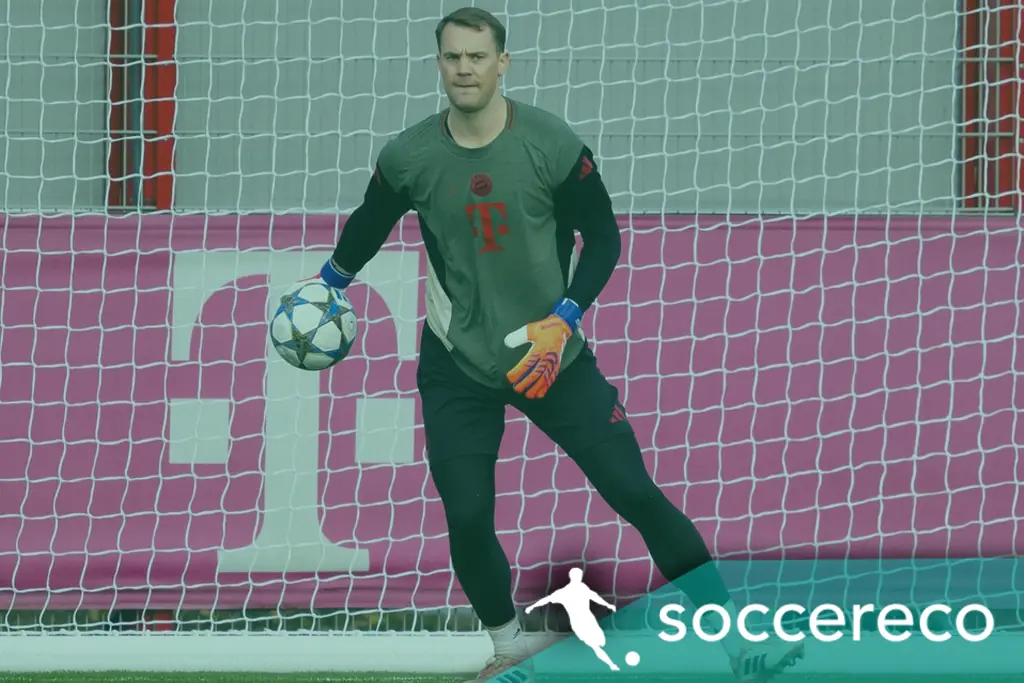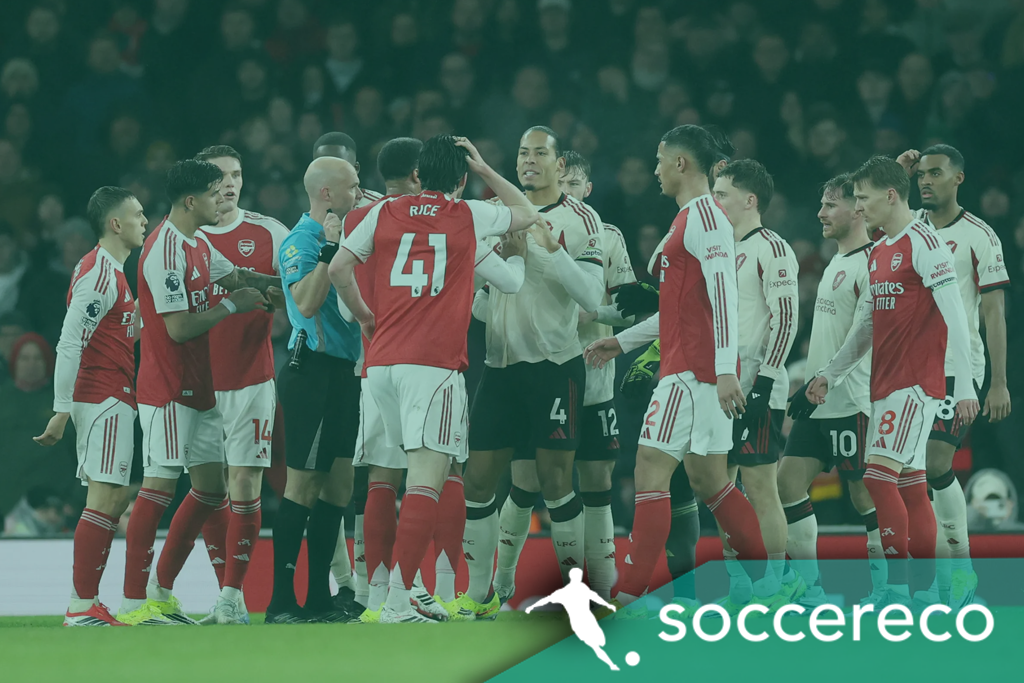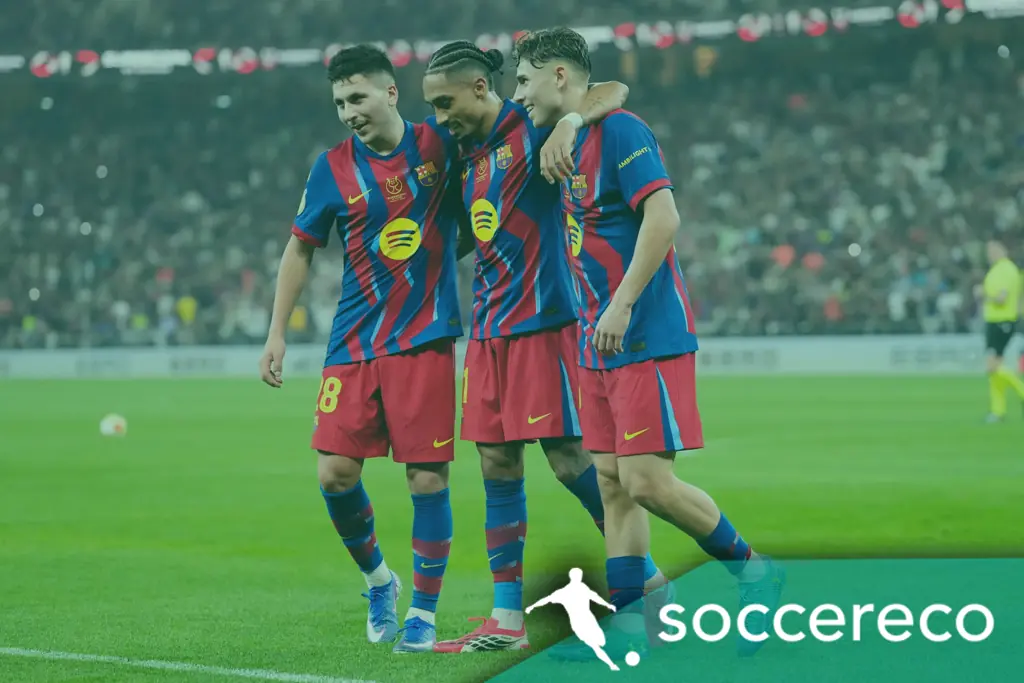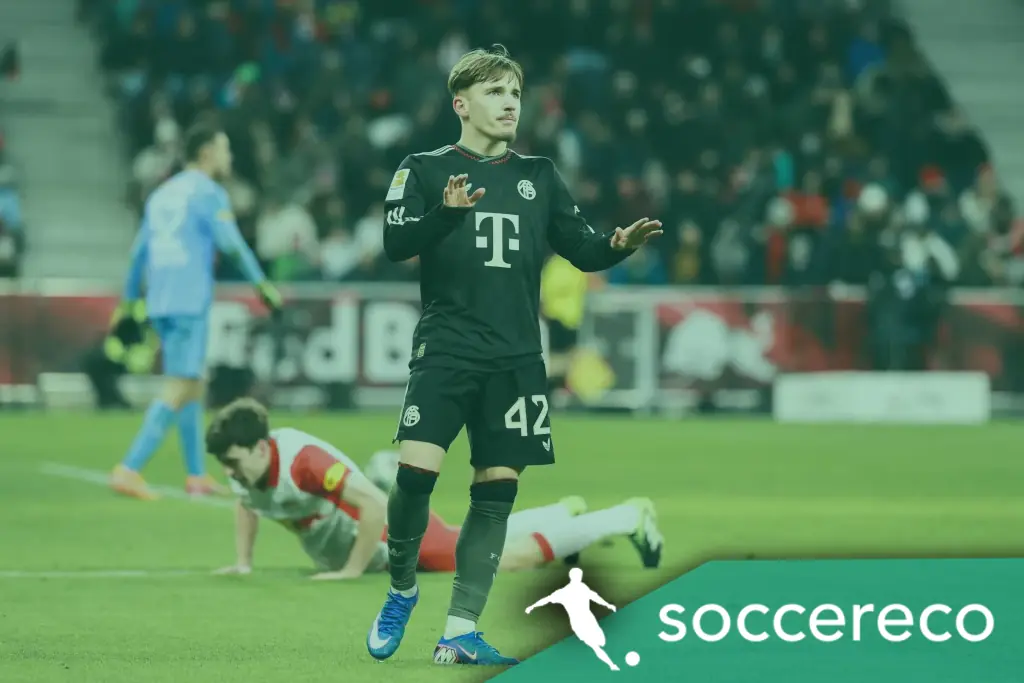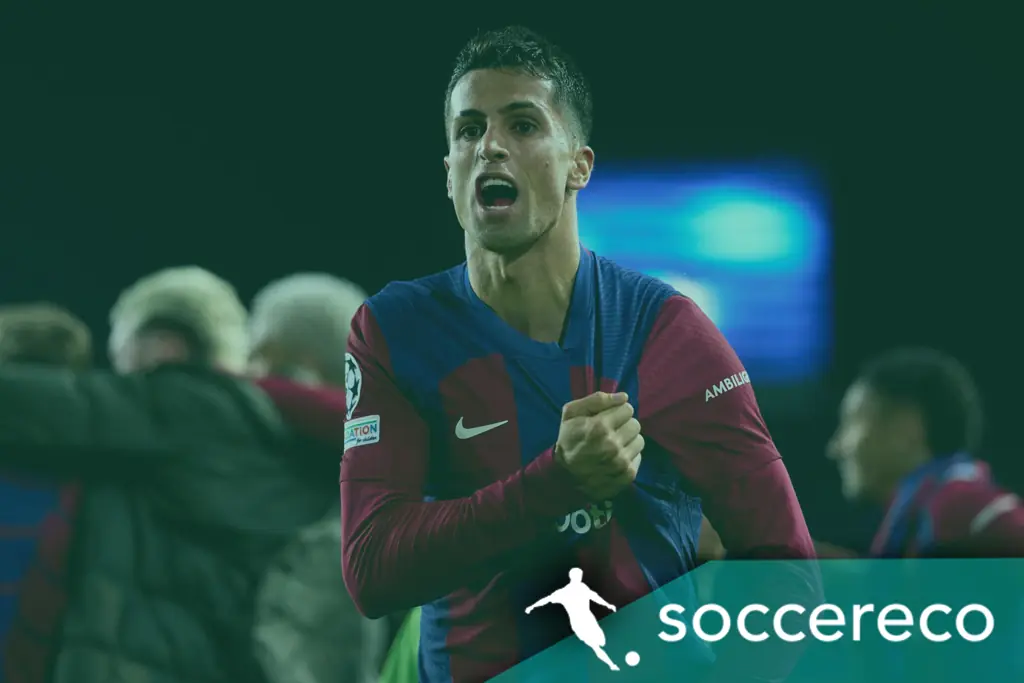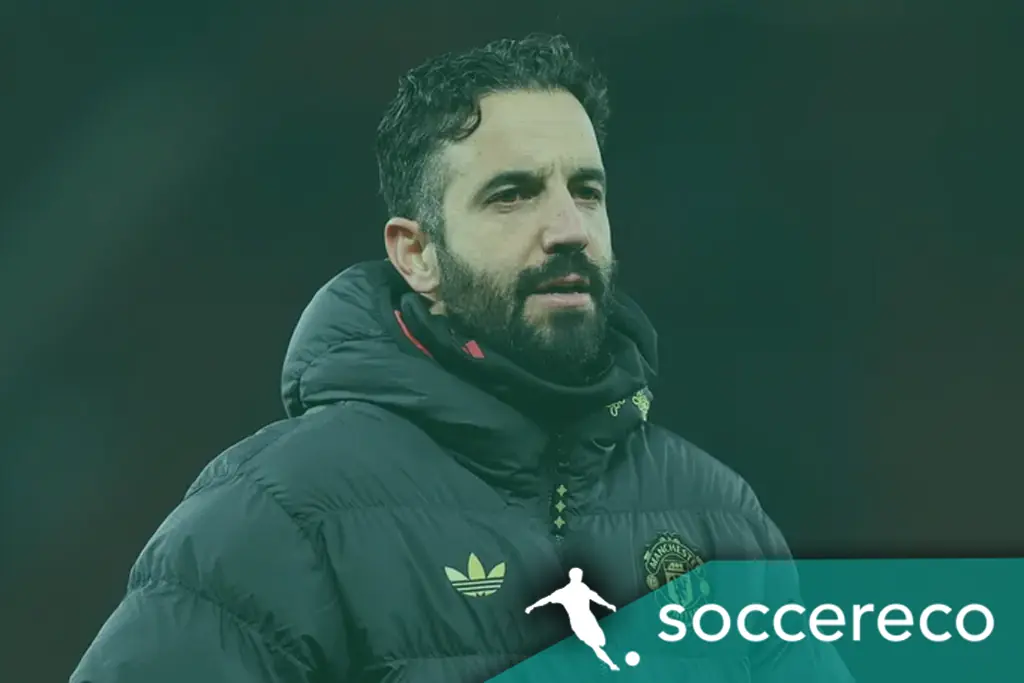FIFA, with funding from the Swiss government, is building two mini football pitches in the West Bank as part of a wider plan to install ten across Palestine and Israel, offering safe spaces for children to play and develop. The project is part of the FIFA Arena initiative, which aims to create at least one thousand mini pitches worldwide by 2030, using football to promote hope, inclusion and community rebuilding in conflict affected regions.

FIFA announced this Thursday the construction of two mini football pitches in the West Bank, a territory of Palestine, for children to use, in a project that will be funded by the Swiss government. What at first glance looks like a modest infrastructure initiative has a much broader meaning, both symbolically and socially, in a region marked by years of tension and instability.
The partnership between FIFA and the Swiss government marks the start of a broader project to support the sports infrastructure of the Palestinian and Israeli federations, with plans to install a total of 10 mini pitches. According to the world football governing body, these spaces will provide safe environments for children and will promote inclusion and their personal development. In areas where daily life is often shaped by uncertainty, checkpoints and limited access to recreational facilities, having a secure and dedicated space to play is far from a trivial matter. For many children, these pitches will become one of the few places where they can gather, move freely and simply feel like children.
The construction of the first two pitches in the West Bank, financed with an amount of 128 thousand euros, is just the first phase. Another eight pitches are planned in a second stage, distributed between Palestine and Israel. The project is part of FIFA’s program to repair and modernise football infrastructure in the region, which also includes the provision of balls, bibs, goalposts and training equipment. It is not just about laying artificial turf and erecting fences, but about rebuilding basic conditions so that local clubs, schools and communities can organise training sessions, matches and grassroots projects on a regular basis.
For FIFA president Gianni Infantino, these first two pitches in Palestine represent more than bricks, paint and artificial grass. In his words, they are a historic moment. They do not only represent infrastructure, but also a message of solidarity and the belief that football can bring communities together, even in the most difficult contexts. The idea behind the project is that, even when political and diplomatic negotiations stall, sport can open small but meaningful channels of dialogue and coexistence, starting with children who grow up sharing the same passion for the game.
Infantino had already underlined this vision at the peace summit held in Egypt on 13 October, where he argued that football must contribute to hope, social cohesion and the rebuilding of communities. In his view, football has a responsibility that goes beyond the ninety minutes of a match. It can support, unite and offer hope in regions that have long lived with conflict and destruction. In that same spirit, he pledged that FIFA will work to restore all facilities in Gaza and Palestine and will bring football back to every corner of the country, whenever the security and humanitarian conditions allow reconstruction to move forward.
On the ground, the impact of a mini pitch can be much greater than its dimensions suggest. For local schools, it becomes a place to hold physical education classes and inter-school tournaments. For coaches and volunteers, it is a base from which to promote inclusion programmes for girls, children with disabilities and young people at risk of social exclusion. For parents, it is a safe space where they know their children can spend part of the day in a positive environment, away from the streets and from potentially dangerous situations. Many of these projects are later linked to football for development initiatives that address themes such as respect, gender equality, fair play and non violent conflict resolution.
The involvement of the Swiss government gives the project an additional layer of political and diplomatic support. Switzerland has a long tradition of encouraging humanitarian and peace building initiatives, and by co financing these mini pitches it also signals its willingness to support concrete, visible projects on the ground, rather than limiting itself to statements of intent. For FIFA, working with a national government adds credibility and stability to a programme that is intended to be long term rather than a one off gesture.
The initiative falls under the FIFA Arena program, which is part of the organisation’s commitment to create at least one thousand mini pitches around the world by 2030. The aim is to make football accessible to as many children as possible, regardless of their country’s level of development or local political situation. Since March, 30 of these mini pitches have already been inaugurated in 15 countries, and the program is expected to reach another eight countries in the next three months. The West Bank pitches therefore form part of a global strategy that treats access to safe playing fields almost as a basic sporting right.
In practical terms, the design of the mini pitches is tailored to community use. They are usually smaller than standard football fields, which makes them easier to maintain and more suitable for urban or densely populated areas where space is limited. Their size encourages small sided games, which are ideal for children and young players, helping to develop technique, decision making and participation. They also tend to include perimeter fencing and proper lighting, which increases safety and allows for activities in the late afternoon or early evening, when children are free from school.
For the local football federations of Palestine and Israel, the program offers not only infrastructure but also an opportunity to cooperate in specific areas, such as training coaches, organising youth tournaments or sharing best practices in grassroots football. Although collaboration is often complex due to political constraints, projects like FIFA Arena at least create a shared framework that can be used in the future to build bridges between communities.
The mini pitches in the West Bank will also have an important symbolic dimension: they will stand as visible proof that the international football community has not forgotten the children of the region. In a global football landscape often dominated by huge stadiums, millionaire transfers and commercial interests, investing in small facilities in vulnerable areas sends a different type of message, one that connects the sport back to its roots and its social responsibility.
Much will depend on how local authorities, clubs and civil society organisations use these spaces once they are completed. If they are integrated into school programmes, community events and inclusive football projects, their impact could be multiplied. Activities for girls’ teams, mixed tournaments, disability football sessions and workshops on values such as respect and tolerance can turn each mini pitch into a small laboratory of coexistence.
For now, what is clear is that FIFA’s announcement goes beyond the technical details of a construction contract. It is part of a broader vision that seeks to use football as a tool for healing and rebuilding in one of the most sensitive regions in the world. The two mini pitches in the West Bank are just the first step in a series of interventions planned for Palestine and Israel, within a global program that aims to put a ball at the feet of more children, in more places, under safer conditions.
Whether on a grand stage like a World Cup final or on a small artificial pitch surrounded by walls and houses, the essence of the game remains the same. Children run, laugh, fall, get up again and celebrate goals together. With this initiative, FIFA and the Swiss government are trying to ensure that, even in the West Bank, that simple joy remains possible and accessible.
Updated: 03:02, 27 Nov 2025

